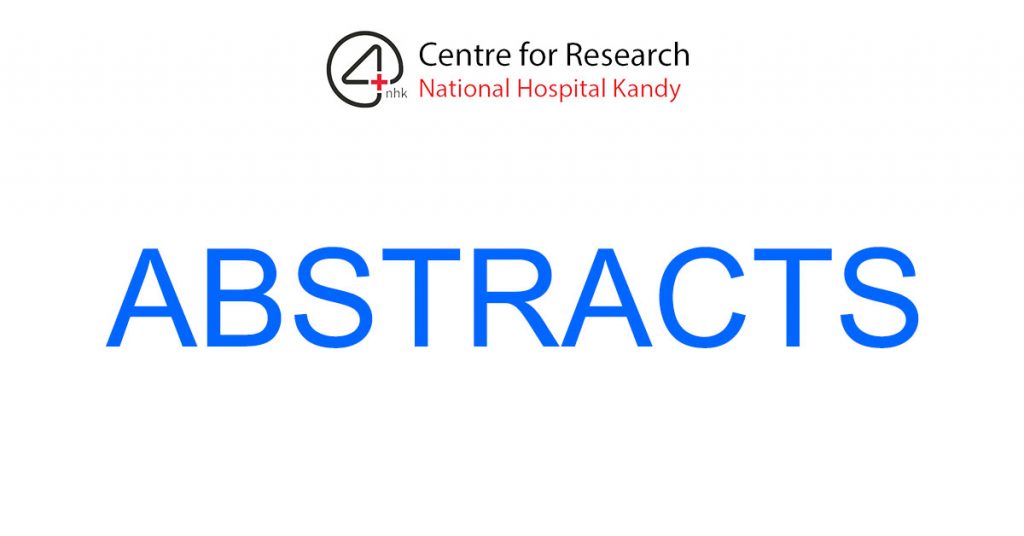Introduction
The article “Dopamine promotes cognitive effort by biasing the benefits versus costs of cognitive work” by Westbrook et al., published in Science in 2020, investigates the role of dopamine in modulating the subjective value of cognitive effort and the willingness to exert cognitive control. The authors claim that their study is the first to demonstrate that dopamine affects the cost-benefit tradeoff of cognitive work by respectively amplifying and attenuating the subjective benefits and costs of cognitive control. The authors also suggest that their findings have implications for understanding the mechanisms and treatment of neuropsychiatric disorders that involve impaired motivation and cognitive control, such as depression and schizophrenia. The purpose of this review is to evaluate the quality and usefulness of the article, and to compare and contrast it with other sources on the same topic. The main research question is: How convincing and relevant are the findings of the article, and what are their implications for the field of neuroscience and psychology?
Summary
The article begins by introducing the background and motivation of the study, which is to examine how dopamine influences the decision to engage in cognitive effort and the performance of cognitive tasks. The authors review the previous literature on this topic, and highlight the gaps and inconsistencies in the existing studies, such as the lack of direct evidence for the causal role of dopamine in cognitive effort, the confounding effects of reward and arousal, and the variability in the operationalization and measurement of cognitive effort. The authors state their main hypothesis, which is that dopamine promotes cognitive effort by biasing the subjective benefits versus costs of cognitive work, and that this effect depends on the individual differences in dopamine synthesis capacity and the pharmacological manipulation of dopamine receptors.
The article then describes the methods and data sources of the study, which include four experiments that combine behavioral, pharmacological, neuroimaging, and computational approaches. The authors use a cognitive effort discounting paradigm, in which participants choose between performing an easy or a hard level of the N-back working memory task for different amounts of money. The authors measure the subjective value of cognitive effort as the amount of money required to make participants indifferent between the easy and the hard task. The authors also measure the dopamine synthesis capacity using [18F]DOPA positron emission tomography (PET), and manipulate the dopamine receptor activity using methylphenidate, a dopamine and noradrenaline reuptake blocker, and sulpiride, a selective D2 receptor antagonist. The authors use various statistical techniques, such as linear regression, mixed-effects models, and Bayesian model comparison, to analyze the data and to test their hypotheses.
The article then presents the results and discussion of the study, which are organized according to the four experiments. The authors report that, in the first experiment, they found a positive correlation between dopamine synthesis capacity and the subjective value of cognitive effort, indicating that individuals with higher dopamine levels are more willing to exert cognitive effort. The authors also report that, in the second experiment, they found that methylphenidate increased the subjective value of cognitive effort, especially for individuals with lower dopamine synthesis capacity, suggesting that methylphenidate boosts cognitive motivation by increasing striatal dopamine and, accordingly, sensitivity to the benefits versus costs of cognitive effort. The authors report that, in the third experiment, they found that sulpiride decreased the subjective value of cognitive effort, especially for individuals with higher dopamine synthesis capacity, implying that sulpiride reduces cognitive motivation by blocking D2 receptors and, consequently, sensitivity to the benefits of cognitive effort. The authors report that, in the fourth experiment, they found that methylphenidate improved the performance of the N-back task, especially for individuals with lower dopamine synthesis capacity, indicating that methylphenidate enhances cognitive control by increasing prefrontal dopamine and, accordingly, working memory capacity. The authors also report that they used a computational model to account for the behavioral and neuroimaging data, and that the model confirmed that dopamine affects the cost-benefit tradeoff of cognitive work by respectively amplifying and attenuating the subjective benefits and costs of cognitive control.
The article concludes by summarizing the main findings and implications of the study, which are that dopamine promotes cognitive effort by biasing the subjective benefits versus costs of cognitive work, and that this effect depends on the individual differences in dopamine synthesis capacity and the pharmacological manipulation of dopamine receptors. The authors also acknowledge the limitations and caveats of the study, such as the use of self-reported sleep duration, the lack of data on sleep quality and timing, and the possibility of confounding factors. The authors suggest that future research should focus on the mechanisms and pathways that link dopamine and cognitive effort, and that more objective and comprehensive measures of cognitive effort should be used.
Evaluation
The article is relevant and timely, as it addresses a topic that is of interest and concern to many people, especially in the context of the COVID-19 pandemic, which has disrupted the cognitive and motivational processes of many. The article is also valid and reliable, as it is based on a large and diverse sample of participants, from various cohorts and databases, and as it uses multiple types of methods and measures, such as behavioral, pharmacological, neuroimaging, and computational, to examine the role of dopamine in cognitive effort. The article is accurate and original, as it reports the findings of the study accurately and in a clear and concise way, and as it provides a new perspective on the topic, which demonstrates the causal role of dopamine in cognitive effort and the differential effects of dopamine receptors on the cost-benefit tradeoff of cognitive work.
However, the article could be improved in some aspects. First, the article could provide more background information on the theoretical and conceptual frameworks that underpin the study, such as the definitions and classifications of cognitive effort, the models and methods of dopamine synthesis and receptor activity, and the ethical and legal principles of pharmacological interventions. This would help the reader to understand the context and scope of the study, and to compare and contrast it with other sources on the same topic. Second, the article could provide more critical analysis and discussion of the findings of the study, such as the possible reasons for the variability and inconsistency in the literature, the potential risks and limitations of pharmacological manipulation of dopamine, and the directions for future research. This would help the reader to evaluate the strengths and weaknesses of the study, and to appreciate the complexity and uncertainty of the topic. Third, the article could include some visual aids, such as graphs or tables, to illustrate the data and the results of the study. This would help the reader to grasp the main points and trends more easily and effectively.
Conclusion
The article “Dopamine promotes cognitive effort by biasing the benefits versus costs of cognitive work” by Westbrook et al. is a useful and informative source that investigates the role of dopamine in modulating the subjective value of cognitive effort and the willingness to exert cognitive control. The article is relevant, valid, reliable, accurate, and original, but it could be improved by providing more background information, more critical analysis and discussion, and more visual aids. The main finding of the article is that dopamine promotes cognitive effort by biasing the subjective benefits versus costs of cognitive work, and that this effect depends on the individual differences in dopamine synthesis capacity and the pharmacological manipulation of dopamine receptors. The main implication of the article is that dopamine can enhance cognitive motivation and performance by integrating it into the cost-benefit tradeoff of cognitive work, and that dopamine can provide opportunities for understanding and treating neuropsychiatric disorders that involve impaired motivation and cognitive control. The main research question is: How convincing and relevant are the findings of the article, and what are their implications for the field of neuroscience and psychology?
![]()


